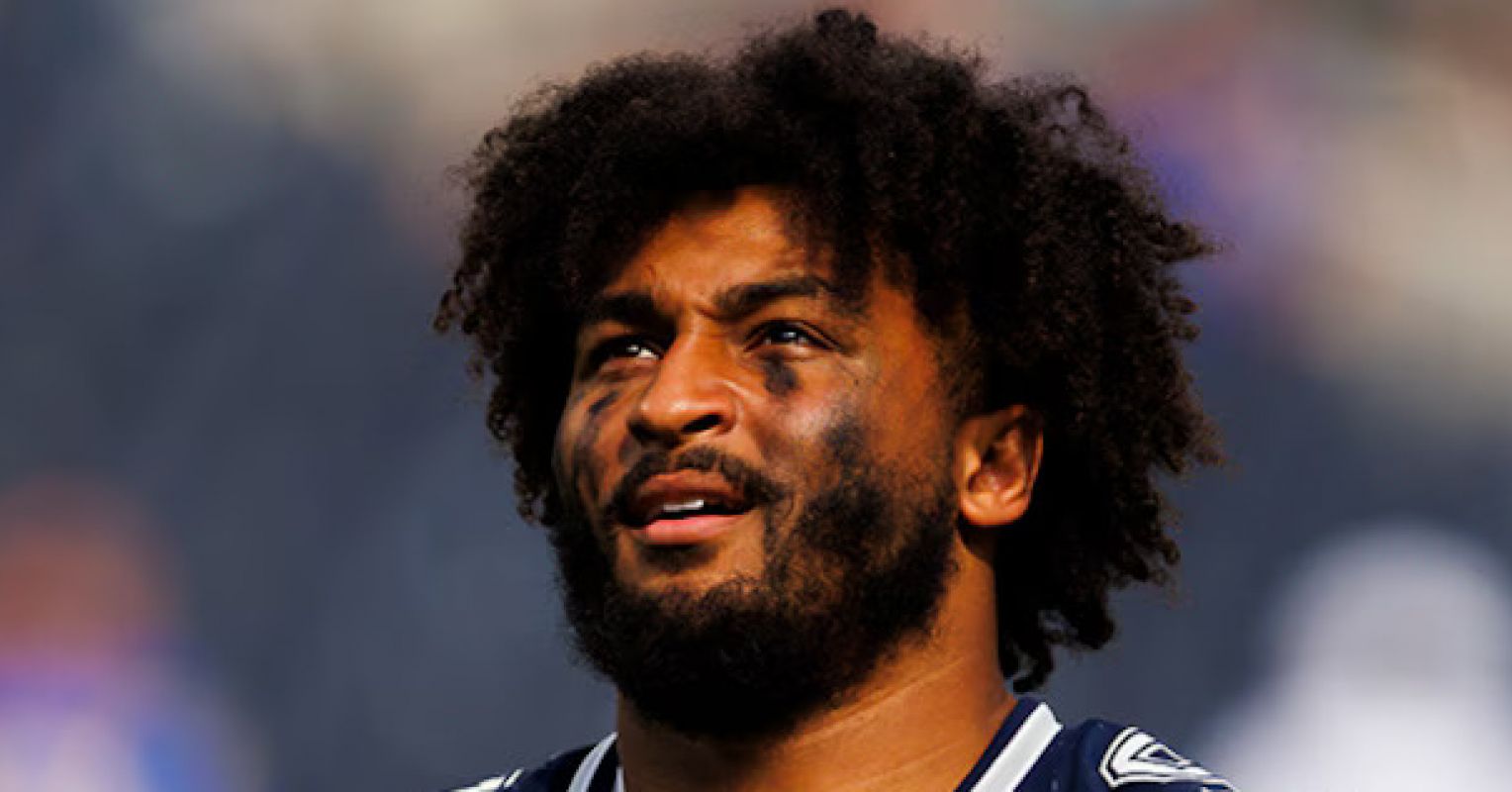970x125
The death of Marshawn Kneeland is a tragic reminder that athletes, even those rising to the top of their game, are human beings first. The best highlight reels can mask the weight of expectations and the psychological pain many athletes carry in silence. Sport psychology holds the power to support athletes as they navigate these pressures and sustain both their performance and their well-being.
Once reserved for elite competitors, sport psychology is now a visible and valued part of athletic environments at every level. High-profile athletes have helped normalize seeking help, and many programs now include sport psychologists who work to enhance performance, foster resilience, and protect mental health. Despite this progress, critical gaps remain in who sport psychology reaches.
Who Is Sport Psychology Leaving Out?
While more athletes speak publicly about mental health, there are still populations that remain underserved. Student-athletes of color, LGBTQ+ athletes, men, and younger players continue to face barriers to care.
A study in the American Journal of College Health found that 78 percent of minority student-athletes reported a mental health need, yet only 11 percent sought help in the past year (Ballesteros & Tran, 2020). Black male athletes, in particular, report greater stigma and fewer supportive relationships with providers (Wilkerson et al., 2022). LGBTQ+ athletes, who experience higher rates of anxiety, depression, and discrimination, often struggle to find affirming providers (Gorczynski et al., 2022).
Athletes who may be left behind include:
- Men, BIPOC, and LGBTQ+ athletes, who face unique cultural and social stigma.
- Athletes who believe seeking help is a sign of weakness or fear that it will harm their reputation or career opportunities (Brown et al., 2023).
- Those with a narrow understanding of sport psychology, who view it only as crisis intervention rather than proactive mental performance support.
- Athletes with little or no experience working with mental health professionals, or those who have had negative experiences in the past.
- Individuals with limited awareness of symptoms or available resources, which reduces help-seeking behavior.
- Athletes from cultures or teams with low psychological literacy, where mental health is rarely discussed or valued.
- Individual sport athletes, who are accustomed to relying solely on themselves.
- Athletes in systems that minimize mental health concerns or discourage vulnerability.
Groups that experience more stigma than others deserve closer attention. Coaches, captains, and organizations should ask themselves: How do we talk about seeking help? Do our athletes know that support is encouraged, confidential, and culturally sensitive? Are we sure that our actions match our values?
Where Do We Go From Here?
Sport psychology has come a long way, but visibility without inclusion risks becoming performative. It is not enough to celebrate progress while entire groups remain unserved.
To move forward, we must ask and act on hard questions:
- Are expanded mental health services accessible to athletes at the margins?
- Are providers trained to deliver care that is culturally sensitive and psychologically safe?
- Who is most susceptible to stigma, and how do we reach them early?
- Do teams and organizations actively encourage help-seeking at every level, from teammates to coaching staff to administrators? Positive attitudes from close relationships can make a measurable difference (Gulliver et al., 2012).
- Are there accessible and confidential options, including online or anonymous platforms, that reduce fear of exposure?
- Is mental health time protected, promoted, and normalized within athletic systems?
- Are athletes and coaches being educated about mental health literacy and available resources to reduce stigma and improve outcomes?
- Are organizations hiring and supporting BIPOC and LGBTQ+ sport psychologists to ensure culturally informed care?
- Are outreach and resources intentionally directed toward those most marginalized, not just the already visible?
Final Word
More sport psychologists are now integrated into college, professional, and Olympic organizations, and more athletes are speaking openly about their mental health. Yet these efforts become performative when they fail to reach the athletes who experience unique stressors and have historically avoided or lacked access to support.
The loss of Marshawn Kneeland should compel the field to reflect deeply. Who are we not reaching? Whose suffering remains unseen? How can we make sure no athlete feels that their pain must stay private?
Real change means expanding beyond access toward belonging. Every athlete deserves to know that psychological support is available, confidential, and grounded in understanding both their sport and their humanity.



